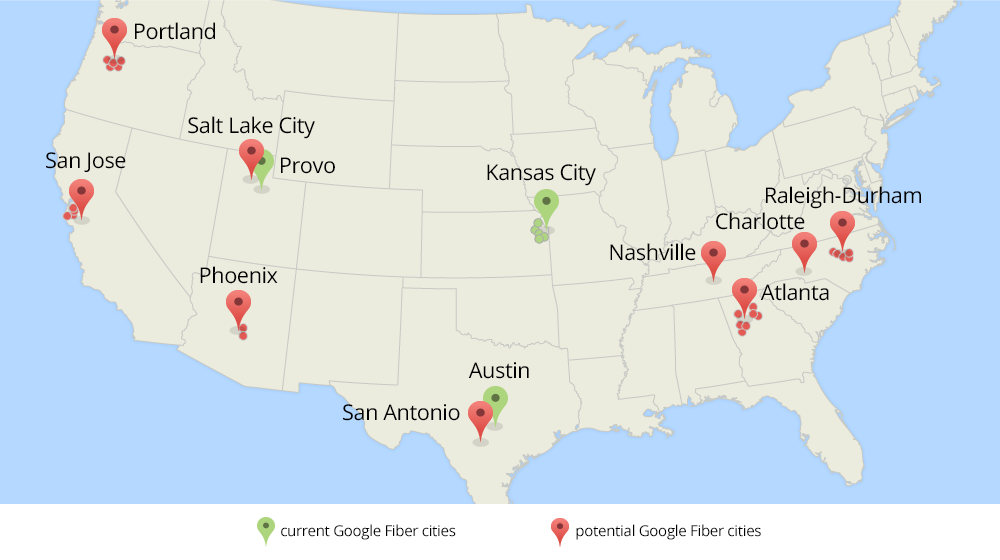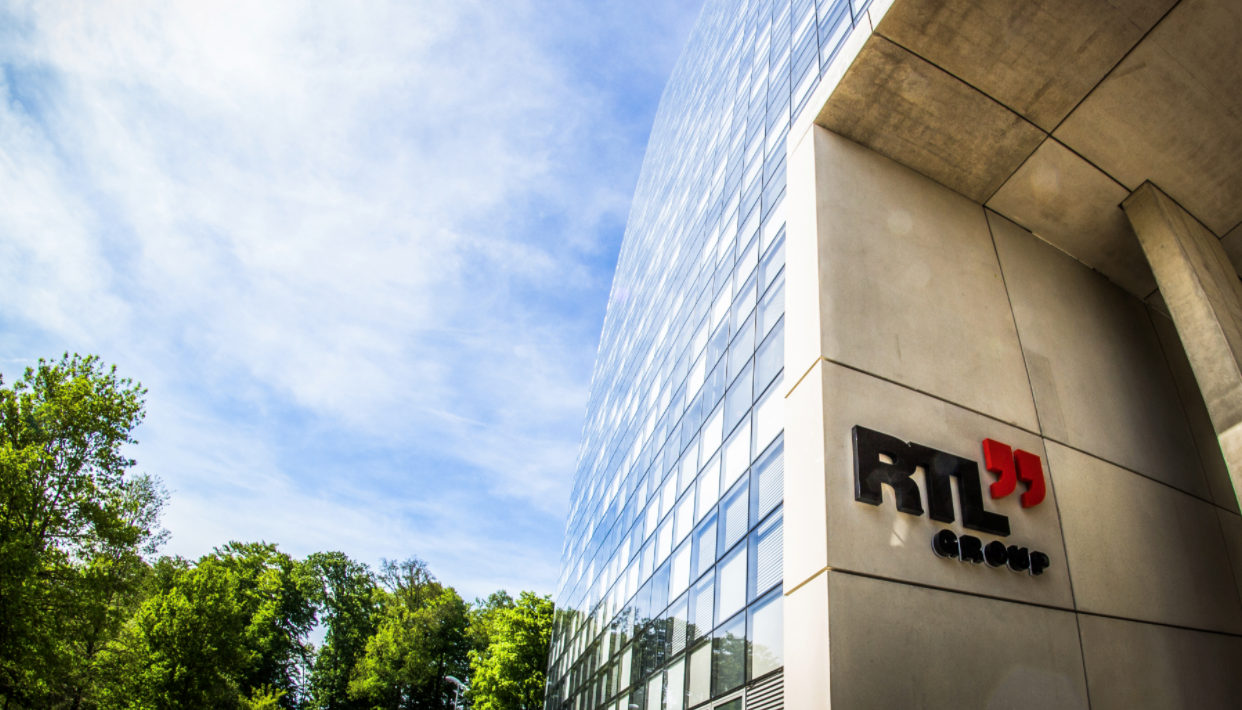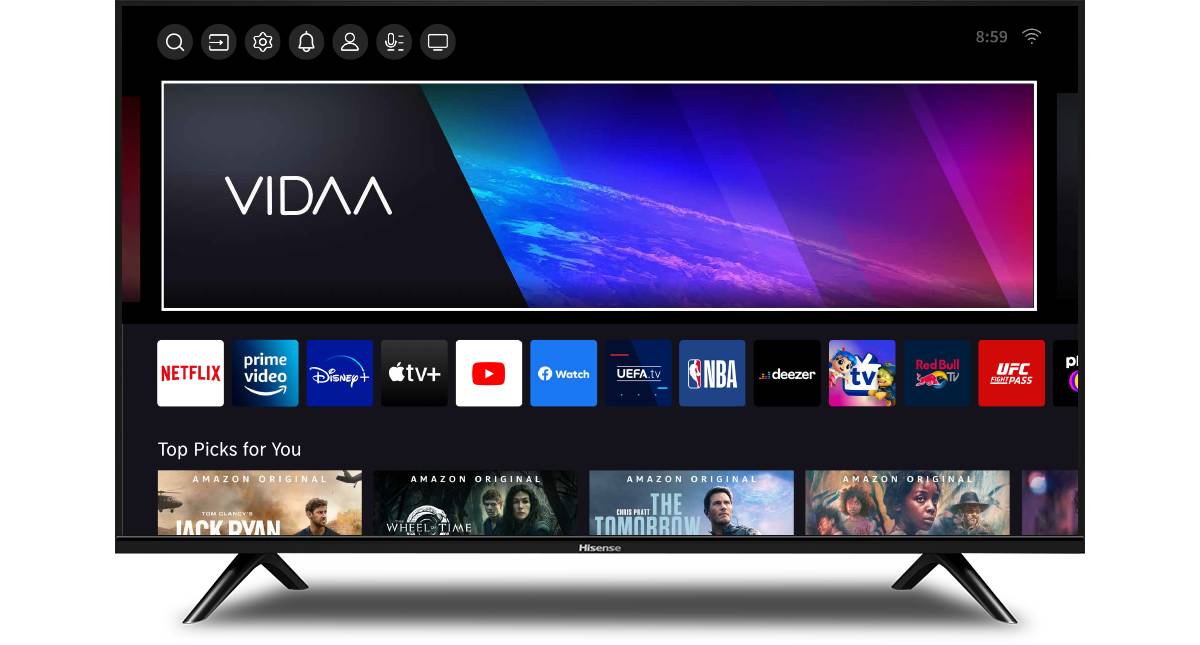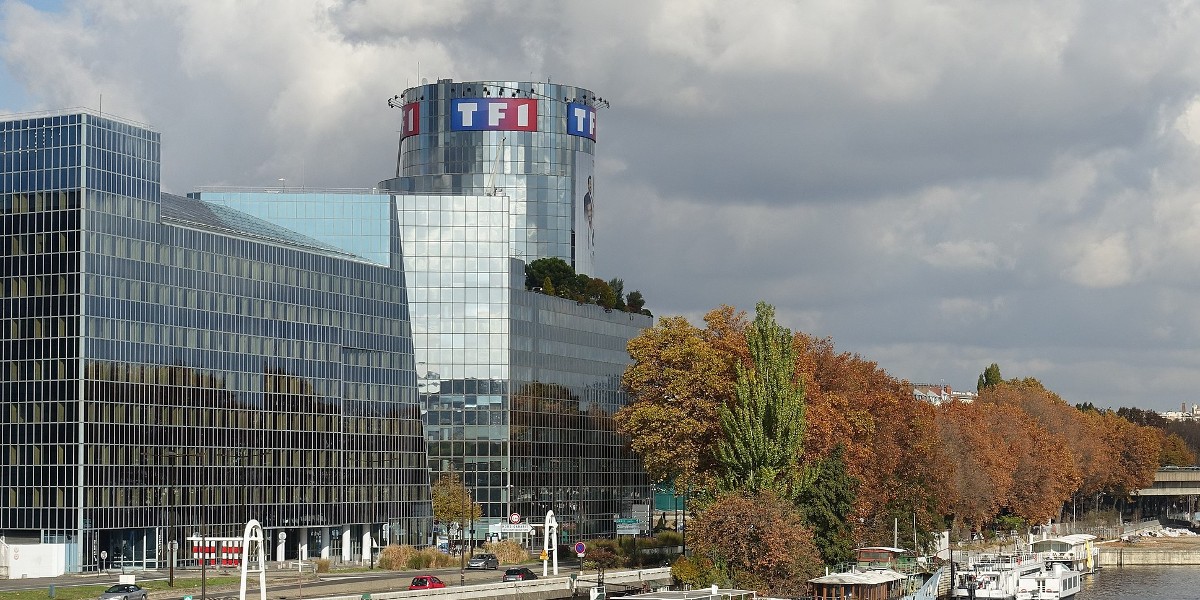Google has announced plans to roll out Google Fiber, the tech giant’s gigabit (1000 mbps) Internet service, to 34 additional US cities. The broadband roll-out — which will be bundled with a DVR and over 200 HD television channels — will be a direct competitor to existing multi-system operators (MSOs) such as DirecTV, Dish Network and Comcast, who acquired Time Warner Cable last week for $45 billion.
Google have already been running Fiber experiments in Kansas, Austin and Provo, and Milo Medin, VP, Google Access Services, wrote in a blog post that ‘dozens of communities’ are ‘working hard to build networks with speeds 100 times faster than what most of us live with today’.
The list of cities Google is launching Fiber in may seem strange. Surely it would make more sense for Google to start in a densely populated like New York? This answer to this question provided by Brian Fung who wrote an excellent piece on the Washington Post,
Fung says Google’s decision to enter a market depends on:
(a) the state of the existing infrastructure i.e. if there’s previous groundwork or less difficult terrain that makes it easier for Google to lay cable;
(b) the ease with which Google can secure the permits and other paperwork necessary to build fiber where it doesn’t yet exist.
(c) how badly a mayor might want Google Fiber for his or her town. Google provides Fiber access to schools and public libraries for free, but in assessing a city’s commitment to the roll-out, Google provides the city with a checklist of things it has to complete in order to qualify for Fiber. Fung also says mayors often go head-to-head in competition with other cities, and many have ‘proven willing to bend over backwards for Google’. Fung cites the example of Kansas City, whose deal with Google includes ‘no charges for rights of way, a city commitment to review any permit application within five business days and the use of detailed mapping software and other city assets for free’. Fung also says Google was granted office space, the freedom to manage road traffic and enjoyed access to a dedicated team of city employees who would intervene on its behalf if and when exceptional problems arose. You can read Fung’s piece here.






